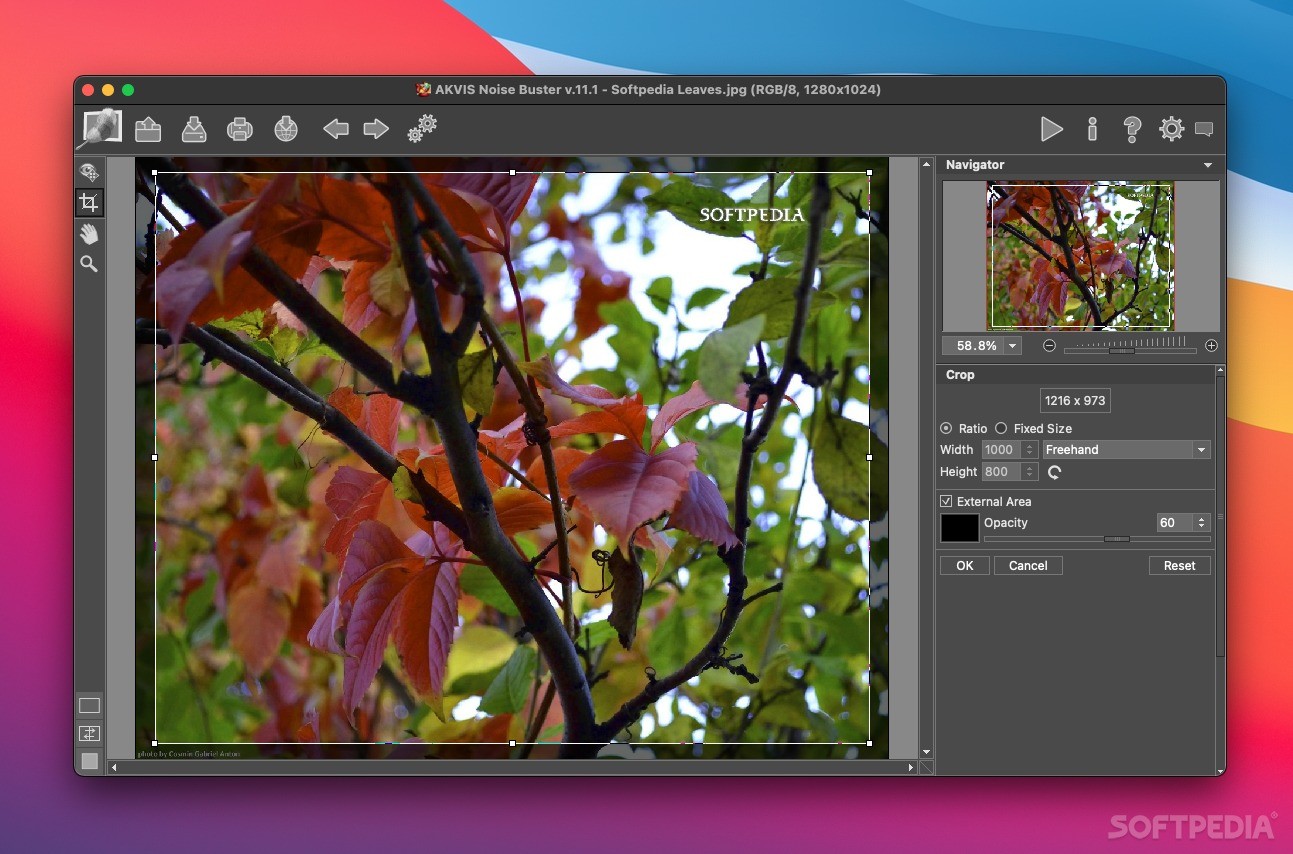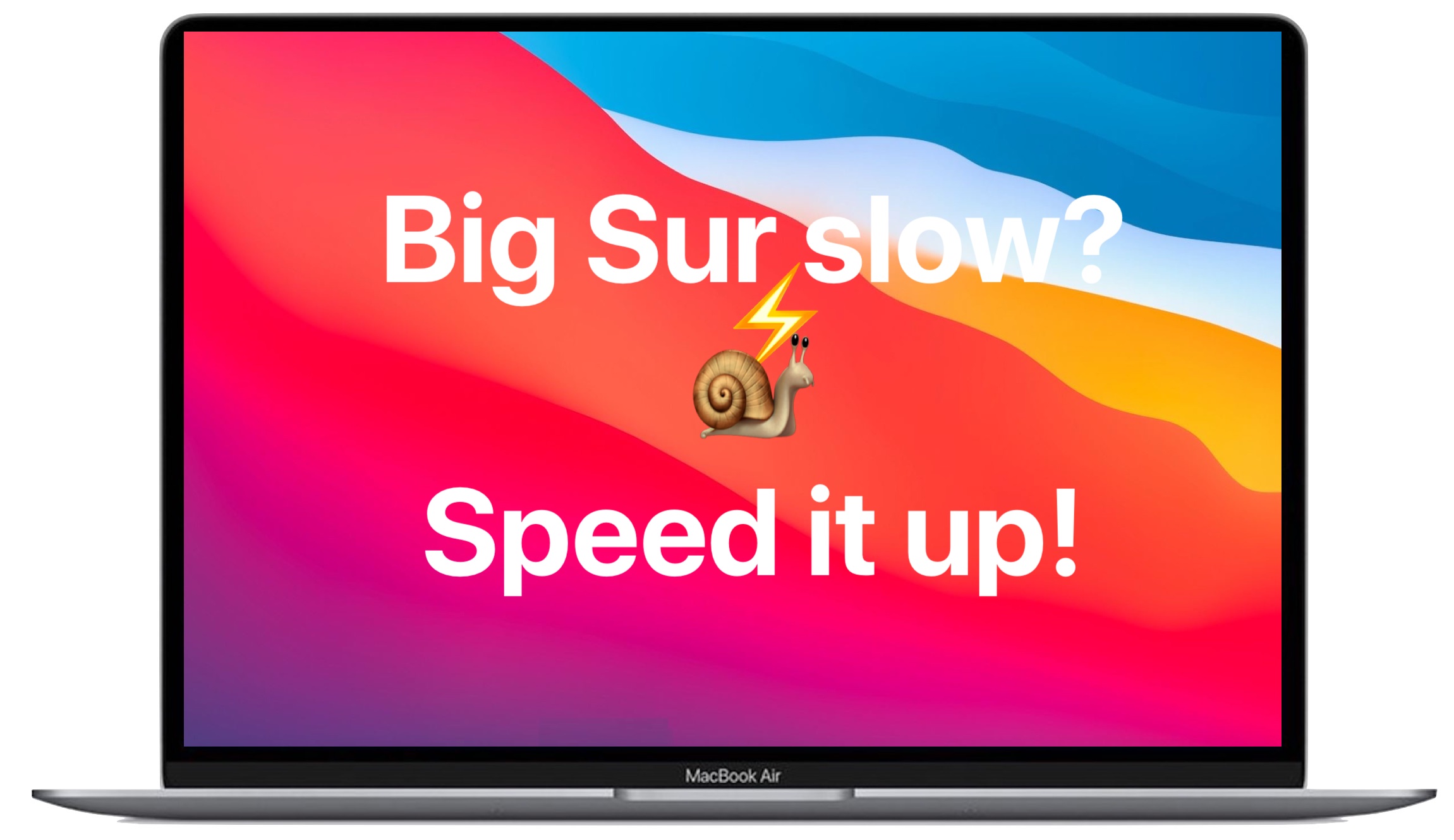

- MAC RUNS SLOW AFTER PHOTOSHOP PRO
- MAC RUNS SLOW AFTER PHOTOSHOP SERIES
- MAC RUNS SLOW AFTER PHOTOSHOP FREE
These tests included Cinebench CPU and Open GL tests, HandBrake, iMovie, Heaven and Valley graphics benchmarks, and PCMark 8’s Office application tests. Many other tests, however, were unaffected by the addition of RAM. In this test, the 4GB configuration took almost exactly 10 minutes to complete, upgrading the RAM to 8GB brought down the time to 7 minutes 18 seconds, and the 16GB configuration finished the test in just under five minutes. We ran a more intensive test, one that uses more hardware acelerated tasks, and found an even greater benefit using increased RAM. Upping the RAM to 16GB shaved another couple of seconds off of the time and was 15.5 percent faster than the 4GB baseline configuration. Using our standard Speedmark 9 action script with a 100MB test file, the 8GB setup was about 14 percent faster than the 4GB configuration. The tasks in our Photoshop tests showed the greatest benefit of increased RAM.
MAC RUNS SLOW AFTER PHOTOSHOP PRO
This time out, we took a mid 2012 15-inch MacBook Pro with quad-core 2.3GHz Core i7 processor and a 512GB hard drive and ran it with 4, 8, and 16GB of RAM on loan from Crucial. The lab has done quite a bit of testing on this subject over the years our most recent coverage was last May with Mountain Lion and older versions of apps. ‘Adding RAM always improves performance.’ The baseline result for the SSD in the MacBook Pro was 35 percent faster, but only in the unzip test.ĥ. Only at the 97-percent-full capacity did we see any difference in our SSD results.

This time the baseline results were nearly 21 percent faster in the copy test and almost 35 percent faster on the unzip test. Pushing it even further, we ran the tests again at 97 percent of capacity. Filling the drive to 80 percent capacity, the baseline results were more than 11 percent faster than the almost-full iMac in the copy test and 17.6 percent faster in the unzip test. When we filled the drive to 50 percent of its capacity, the results slowed down by 4.3 percent on the copy test and just under 8 percent on the unzip test. Our baseline tests, with the disk about 5 percent full, showed the iMac taking 93 seconds in the copy test and 84 seconds in the unzip test. The two tests that showed the biggest change in performance were in our 6GB files and folders copy test and unzipping a 6GB compressed file. Our tests on a late 2012 27-inch iMac with a 2.9GHz quad-core Core i5 processor, 8GB of RAM and a 7200-rpm 1TB hard drive showed some serious performance degradation as the drive filled up.
MAC RUNS SLOW AFTER PHOTOSHOP FREE
‘Keeping lots of free space on your startup drive will improve your Mac’s performance.’

Black Magic and AJA tests both showed the 512GB drive’s write speed to be about 32 percent higher than the 256GB model, with read speeds again showing little change.Ĥ.
/photoshop-8746952563f34eac9849e09e96fd80d0.jpg)
Read speeds, however, were unaffected by the capacity. The 512GB Samsung EVO 840 was 39 percent faster than a 256GB EVO 840 in our 10GB large file write test and 26 percent faster in our 10GB files and folders test.
MAC RUNS SLOW AFTER PHOTOSHOP SERIES
We took a pair of Toshiba Q series Pro drives and two Samsung EVO 840 drives and ran our performance tests on them. When it comes to solid-state drive (SSD) performance, capacity matters. ‘Lower capacity SSDs are slower than high capacity SSDs.’ Differences like that are hardly worth mentioning, much less unplugging a monitor over.ģ. The only test to show any real difference was our iMovie test, which was less than 4 percent faster on the 2013 MacBook Air without the external monitor and just over 2 percent faster on a 2011 Air without the external monitor. We thought that switching to an older, slower, MacBook Air might show more of a difference, but we were wrong. We tested a late 2013 11-inch MacBook Air, with and without a 27-inch Apple Cinema Display attached, and found almost no performance differences between the two configurations in the 14 tests in our Speedmark 9 benchmarking suite. ‘Having an external monitor plugged into your MacBook will slow down performance.’


 0 kommentar(er)
0 kommentar(er)
